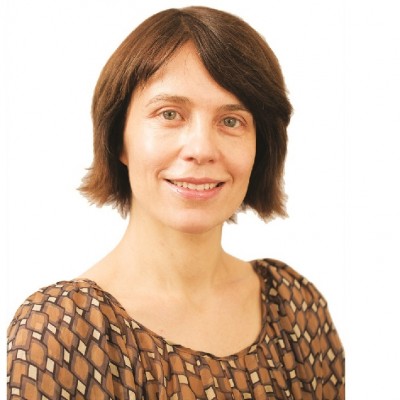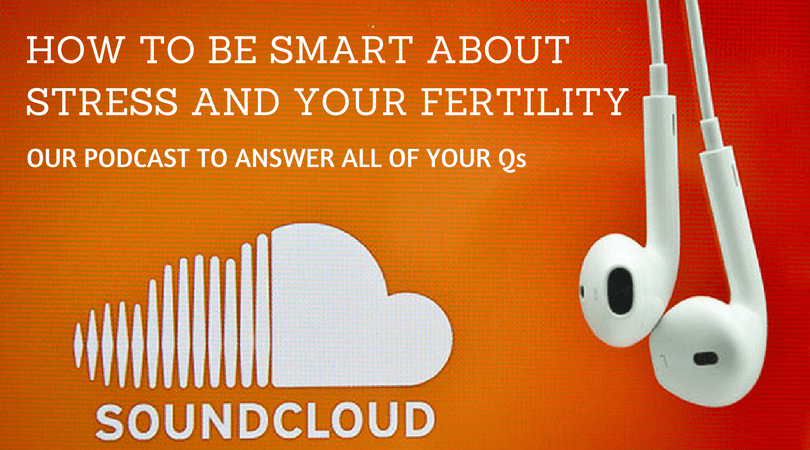
Our practitioners at Fertile Ground Health Group communicate regularly with many medical specialists for the shared care of patients and to ensure that the best outcomes are achieved. This collaborative approach has enabled us to get to know some fabulous specialists and we thought you might like to meet the “special” in your Specialist too!
Often these doctors work tirelessly and are fiercely committed to their practice. The subject of our first interview in this series, Dr. Manuela Toledo from Melbourne IVF is no exception! Read on as Manuela let’s us in on her views about her work and area of speciality.
Meet the special in your Specialist – Dr. Manuela Toledo, Melbourne IVF.
What is your best advice for someone trying to conceive?
Optimize your lifestyle choices at least 3 months prior to conception. Of course this means no smoking and minimal alcohol and caffeine. Exercise moderately for 30mins 2-3 times a week and eat a diet rich in folic acid and antioxidants i.e. fresh organic fruit and vegetables. In addition a multivitamin with folic acid and good hydration.
Oh, did I say no smoking?
What do you love about your work as a fertility specialist?
There are so many aspects to being a fertility specialist and it merges psychology, medicine and surgery. I enjoy the multidisciplinary approach to fertility management and have a special interest in second opinions and patients with complex fertility problems. Never a dull moment!
Why did you choose fertility for your specialist profession from all of the medical options available to you?
I started off training as a resident in general and plastic surgery but felt myself drawn to the fascinating science of reproductive medicine. I would have also liked to be an embryologist (a scientist who works in the IVF laboratory) but enjoy patient contact too much.
What part of your work sometimes brings you to tears?
I don’t cry easily (except maybe watching a sad movie on a long haul plane flight when I am jet lagged) but it is very emotional when a successful patient comes back with her newborn and extended family who are all very grateful. It makes one realise that the impact of infertility is far reaching.
What are the biggest challenges about being a fertility specialist that your patients don’t see?
Unfortunately Victoria is the most heavily regulated jurisdiction in the world with regard to fertility treatment and there is a lot of paperwork that goes on in the background. Victoria is the only state in Australia (and the world) that requires police checks prior to fertility treatment and I resent that my patients are forced to have these discriminatory checks when the naturally fertile population doesn’t.
According to the bureau of statistics, the average person has 10 jobs in their lifetime. What did you do before becoming a fertility specialist? Do you ever see yourself doing anything different?
I have worked in medicine and fertility for so long now that I cannot see myself doing anything else. Reproductive medicine is a very fast moving field and staying up to date is imperative. I have however also served on the Board of Melbourne IVF which has helped me understand how running the very complex management side of an IVF unit works. My main work is at Melbourne IVF but I also intermittently work as a consultant at TasIVF in Hobart and Launceston which I really enjoy. So in a way I feel that I do have several different jobs.
Do you recommend your patients see an acupuncturist or naturopath while they are doing fertility treatment? Why?
Many of my patients are already seeing a naturopath and/or acupuncturist and have already optimised their lifestyle. This is often very beneficial for their fertility treatment and they seem to cope much better both physically and psychologically, so from my point of view I am very supportive of a multidisciplinary approach.
What is your all-time best success story that you can share?
There are so many success stories but I always remember those that have had unsuccessful and sometimes quite complex treatments in Europe, the UK and USA often even with donor eggs and then finally come home to be successful here with their own egg in a natural IVF cycle – that is very special for me and confirms that sometimes less is more.
How can people contact you if they would like more information?
You can call my office directly on 03 9415 1815
For more information about Dr. Manuela Toledo or to enquire go to the Melbourne IVF website
Dr Manuela Toledo, MBBS. FRANZCOG, MMed. CREI qualified (Certification in Reproductive Endocrinology & Infertility) with a holistic approach and a special interest in complex infertility.
Manuela Toledo graduated in medicine from The University of Melbourne and started specialising in obstetrics and gynaecology in 1997.
Manuela trained at both The Mercy Hospital for Women and The Women’s Hospital in Melbourne and became a fellow of the Royal Australian College of Obstetricians and Gynaecologists in 2004. During this time Manuela also completed a Masters of Reproduction and Genetics at the University of Sydney.
Manuela spent three years as the Melbourne IVF Fellow completing specialist training in Reproductive Endocrinology and Infertility, obtaining the CREI specialisation in 2008. She joined Melbourne IVF as a consultant in 2006 and served as a member of the Melbourne IVF Board from 2006-2013. Manuela holds a VMO position at The Women’s Hospital.
Manuela is interested in all aspects of infertility and has a special interest in providing second opinions for complex infertility, fertility preservation and complementary medicines.




